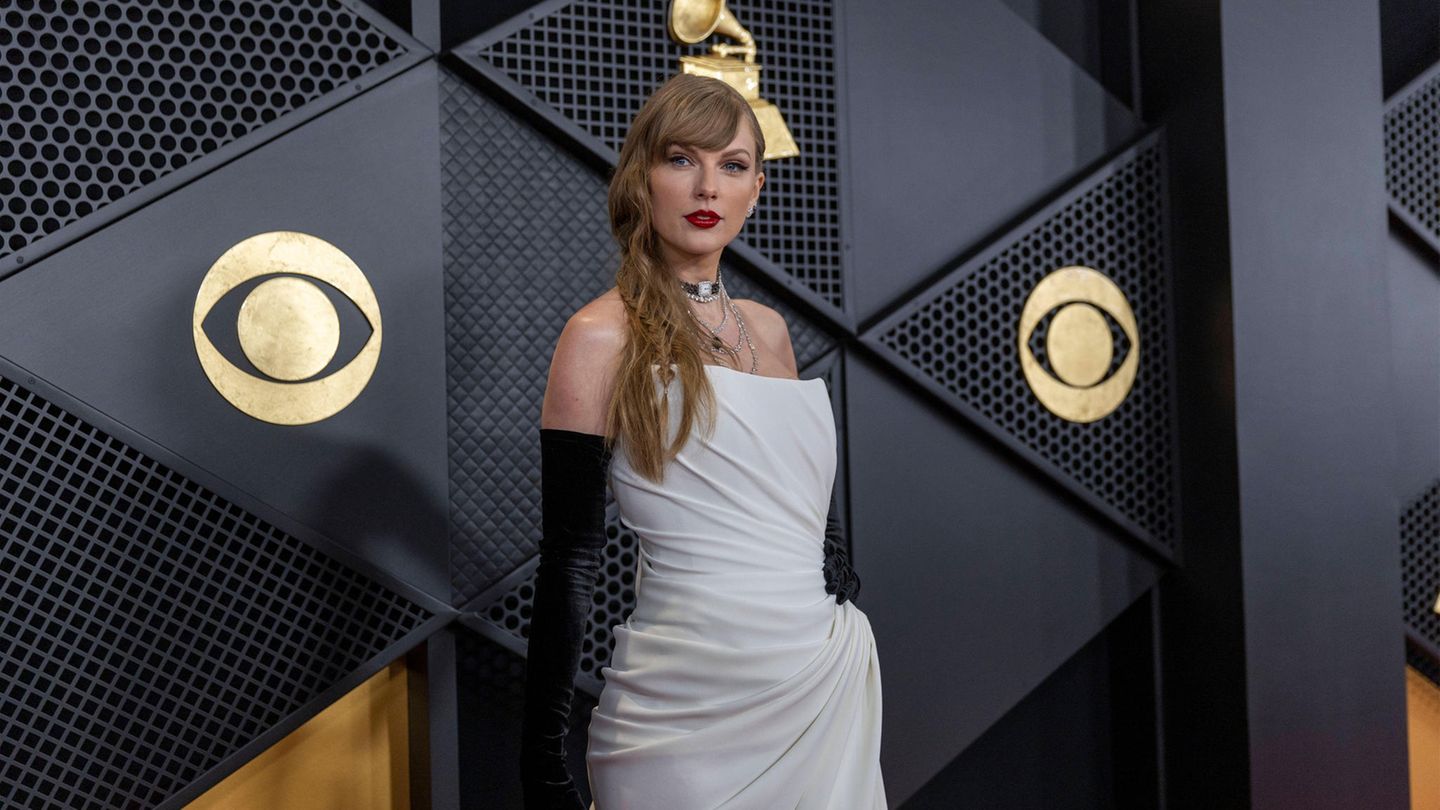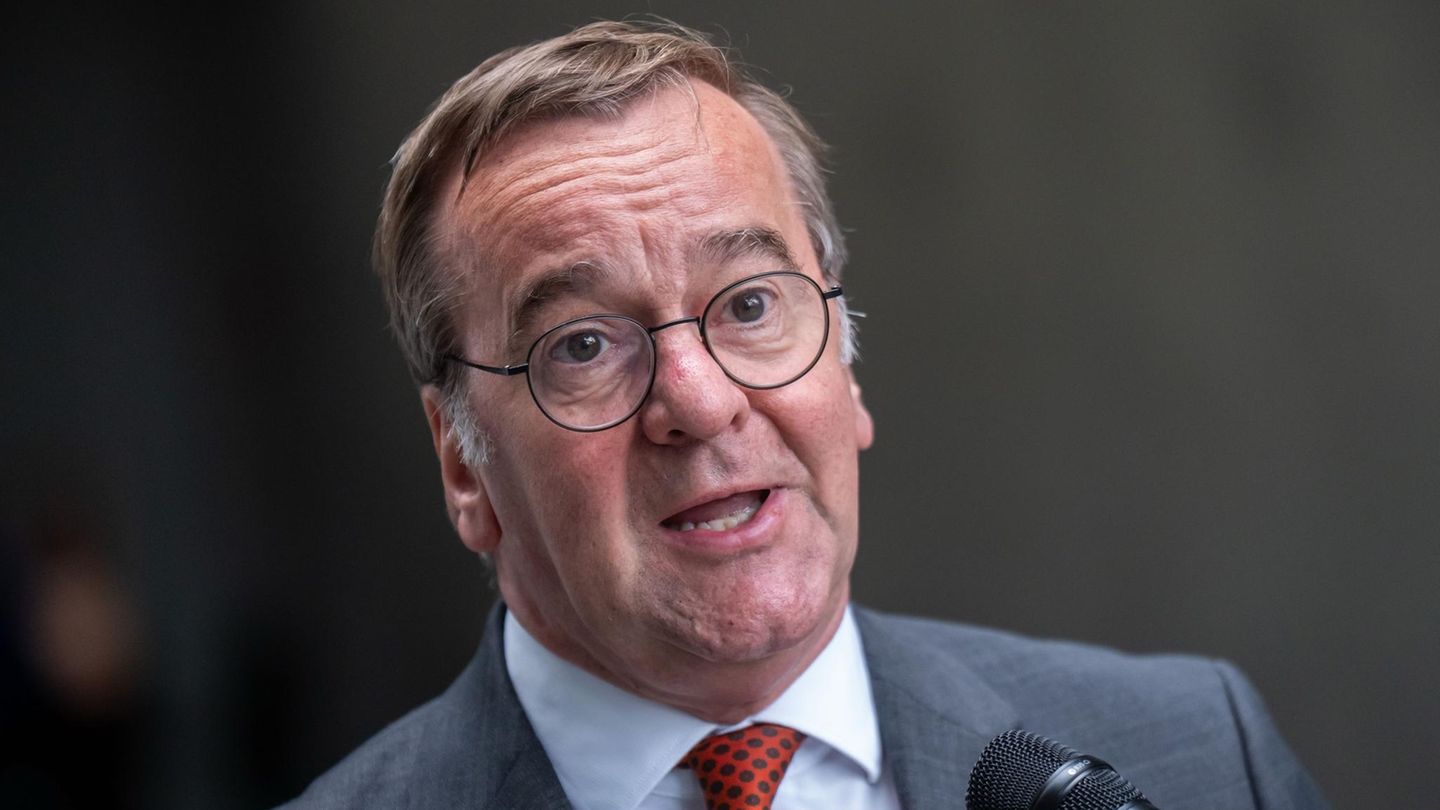While Taylor Swift moves entire economies with her music, things are slow in the broader music industry. Artificial intelligence is just one reason of many.
Taylor Swift had to be just 34 years old to break into the league of veteran stars like Paul Simon, Frank Sinatra and Stevie Wonder. Swift won the Grammy for best album of the year for the fourth time on Sunday. Only the three singers mentioned before her achieved this – although much later, and not nearly as commercially successful as Swift. The US singer is moving entire economies with her tour; economists are already talking about “Swiftonomics”. In this respect, Taylor Swift is not only an exceptional person musically, but also economically.
The success is all the more remarkable given that the music industry in general is in trouble. The behavior of listeners is changing, the willingness to pay is stagnating and on the creative level, artificial intelligence is leading to new challenges for the music industry.
Except for Swift, no one can defend themselves against this. As a result, numerous labels have recently laid off employees. The streaming service Spotify increased its subscription prices several times – and Universal, the label behind Taylor Swift, started a dispute with the social media platform Tiktok. Since last Thursday, contributions there can no longer be accompanied by Universal music.
For a long time, the trends listed were perceived as an opportunity in the industry. Streaming growth belied some fundamental problems. Smaller artists are more affected by losses in purchasing power due to inflation and high levels of uncertainty than larger ones. In 2023, Taylor Swift generated almost 2 percent of total US music revenue, according to “(FT). That’s more than the entire jazz and classical categories combined.
Streaming services to blame?
The industry is still debating who is to blame. The common cliche is that streaming services don’t pay out enough money to artists. In fact, Spotify, for example, pays back 70 percent of its revenue to the rights holders and thus to the labels. For their part, they complain that the income from streaming is not enough. Growth there was at least 7 percent last year. In the previous year, however, it was 24 percent. Many labels also calculated these double-digit values for the future and hired additional employees.
Labels like Warner Music and BMG did not achieve these growth goals, which is why they laid off several hundred employees. But what exactly is the problem with streaming? Nobody can really answer that. “We’ve been partying big for the last few years. Now we’ve got a hangover,” an anonymous senior music executive tells the FT. “We are in a new phase.”
This new phase that the music manager is talking about is reflected, for example, in the fact that many users no longer accept every price increase. According to CFO Paul Vogel, the churn rate at Spotify remained relatively stable after the most recent price increases in the fall. But overall, new customer business is slower than before.
Added to this are the current interest rates, which make growth more complicated than in previous years. Spotify recently laid off more than 2,000 employees because cost pressure was increasing. CEO Daniel Ek has stated several times that Spotify needs to become more efficient and profitable.
Artificial intelligence
The topic of “artificial intelligence” was added to these existing concerns last year. The speed with which audiovisual models changed the industry surprised many.
The dispute between Universal and Tiktok shows how nervous industry participants are. The Chinese social media platform is considered a cipher for the new music world. Fast, disruptive and integrated into a visual world. Both sides actually can’t do without each other – and yet they’ve been fighting over royalties for months. So far, the dispute has been fought behind closed doors. The public has been able to take part since last week. TikTok publicly called Universal “greedy” and “selfish,” while Universal accused the Chinese social media group of “bullying.”
Since Thursday, Universal has had Taylor Swift’s music on Tiktok removed and muted. Universal did the same with other stars like Drake, Ariana Grande and Olivia Rodrigo. When will they come back to the platform? Not clear. The pressure on the labels is apparently so great that they risk disputes with their own artists. Because even if they ultimately benefit from the additional income, not everyone understands this decision: “So I can no longer promote my music on Tiktok,” explained Noah Kahan, who was nominated for “Best New Artist” at the Grammys. “But I’ll fall softly, won’t I? Or?”
This article appeared firstwhich, like stern, is part of RTL Deutschland.
Source: Stern




